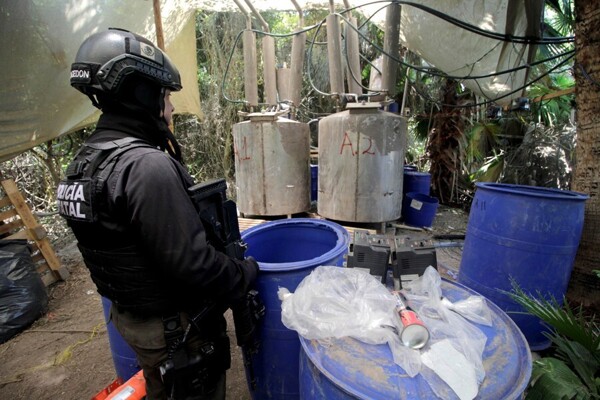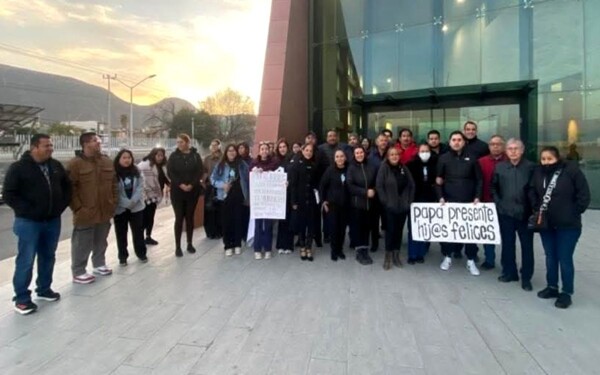In the context of the International Day for the Elimination of Violence against Women, the Ministry of Health presented institutional advances aimed at strengthening comprehensive care for girls, adolescents, and women who have faced sexual violence.
The Ministry indicated that it is working with the federal states to ensure the proper implementation and timely use of these measures in all medical units across the country, a considered critical element for preventing new infections.
In his address, David Kershenobich reiterated the importance of expanding access to safe voluntary termination of pregnancy, recognizing it as an integral part of rights-based care for women, adolescents, and girls affected by sexual violence.
Among the central points, he reiterated that reporting an assault is not an obligation, but a right, and that women, girls, and adolescents should not be required to file a police report to receive care. He also emphasized that medical staff must not verify the account of the person seeking care and that administrative procedures cannot represent barriers or cause delays in the health response.
As part of the priority actions, it was highlighted that the Health Sector has guaranteed the national supply of medications for post-exposure prophylaxis (PEP) for HIV, considered an essential tool for the immediate protection of survivors.
He explained that the decalogue signed in 2024 has evolved into an active implementation process in different territories, with advances in states such as Chiapas and Tabasco, in addition to the upcoming accession of Aguascalientes and the State of Mexico.
Ramos Arreola highlighted the technical accompaniment of the PAHO/WHO, the United Nations Population Fund (UNFPA), and other international agencies, as well as cooperation with national institutions such as IMSS, ISSSTE, IMSS-Bienestar, Pemex, the Ministry of National Defense, the Navy, and various federal hospitals.













